

Music has a strange effect on us. It can stir feelings and drive us. Ever heard Eye of the Tiger and not felt pumped up?
Scientists have been studying music and its impact on humans for some time. They say that the number of beats in a song can change how you feel.
Beats Per Minute (BPM) is the tempo of a song, and indicates the number of times a quarter note is played in 60 seconds. Wikipedia has helpfully provided an example of what 120 BPM sounds like in music:
Beats Per Minute is also how the human heart rate is measured, quantifying the number of times your heart beats in 60 seconds. The average resting heart rate for anyone above 10 years is 60-100 BPM, while the average resting heart rate for well-trained athletes is 40-60 BPM, according to the American Heart Association (AHA).
When you’re exercising, you need to hit a “target heart rate” that is above your resting rate. That target heart rate differs based on your age and fitness, and the AHA has a quick heart rate guide:
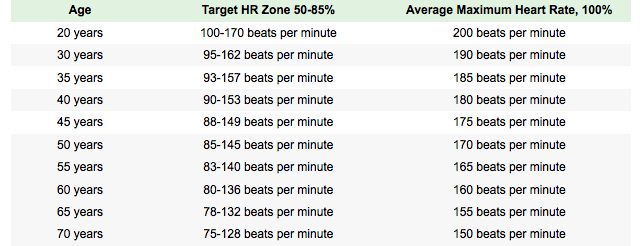
If you’re just starting to work out regularly, aim for 50% of your target zone during the first few weeks. Over six months, build up slowly to 85%. After six months or more, you may be able to exercise comfortably at up to 85 percent of your maximum heart rate, the AHA says.
While exercising, you can calculate your heart rate with devices like the Apple Watch or fitness bands like FitBit and Jawbone. Most treadmills and other cardio-based exercise machines also have heart rate monitors built into them.
The idea, of course, is to jog or run in a way where your steps match the beats. That’s going to factor in your speed, stride length, and BPM. Run2Rhythm offers a chart for running and a chart for treadmills to calculate the best possible combination for you.
Once you have your desired heart rate, it’s time to create a playlist accordingly.
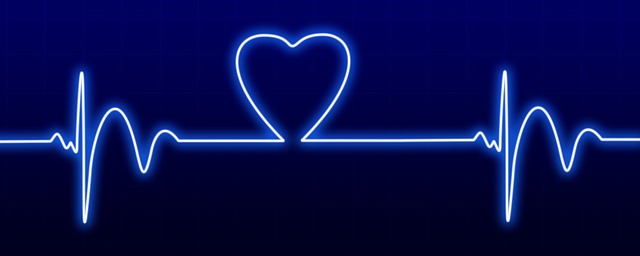
Here’s the good news. If you aren’t a music aficionado and just want something to run to, then these seven beat-syncing apps will get you running. They’re available for Android and iOS, and auto-generate playlists based on your preferences (like with Spotify Running) or with their own mix (like with Pace DJ).
However, that still doesn’t give you a playlist of your favorite songs.
Spotify doesn’t have everything after all, and you can’t shake it off that there’s no Taylor Swift there. If you love your Metallica, Pace DJ isn’t going to magically play it.
But don’t worry, there’s a software with which you can make your own playlist, attuned to your BPM needs.

Since BeaTunes is free for two weeks, you can get your entire library analyzed quickly this way. It’s a good app to pay for too, if you want analysis in the future.
I couldn’t find a reliable free alternative on Mac OS X. But Windows has BPM Counter by AbyssMedia, which is a good freeware to analyze the BPM of all yours songs.
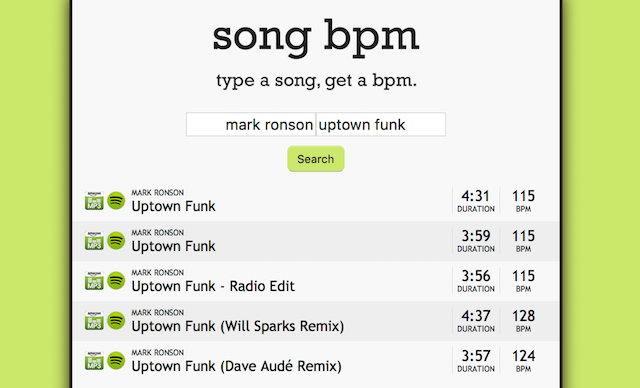
If you want to find out the BPM of any one song, I recommend visiting SongBPM.com. It’s a dead simple web app where you just have to key in the artist’s name and the song’s title. SongBPM will search online resources to find the track you are talking about, and tell you its BPM.
You can also immediately download the song from Amazon or stream it on Spotify.
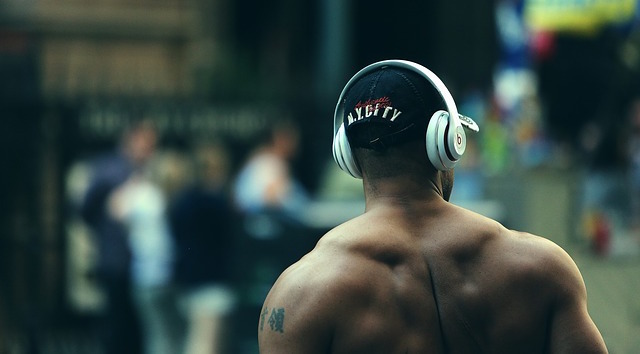
Just in case you can’t be bothered to make your own workout playlist from scratch, scientists have made one for you. Spotify collaborated with Dr. Costas Karageorghis, Deputy Head (Research) of the School of Sport and Education at Brunel University in the UK, to compile an “ultimate workout playlist”.
More than 6.7 million playlists where studies before these 16 made it to the final playlist. Dr Costas Karageorghis said,
“This means that at the point when your body is shouting ‘STOP’, the music has the power to lift your mood and beckon you on. This is why your choice of music for exercise has important implications for how likely you are to stick to a New Year exercise regime.”
You can even use this playlist and delete or add more songs to it. Spotify users can grab the playlist here. If you’re not on Spotify, here’s a full list of the songs:
There’s an entire Reddit thread about the #1 workout song, but we want to know which song do you use to get pumped up to start.
Eye of the Tiger? Chariots of Fire? My pick: Prodigy’s Breathe.
Image Credit: Couple running by Kaspars Grinvalds via Shutterstock




 Destiny: TTK - How to Get Keys and Open All Secret Dreadnaught Chests
Destiny: TTK - How to Get Keys and Open All Secret Dreadnaught Chests New to EVE Online? Here Are 5 Things You Can Do
New to EVE Online? Here Are 5 Things You Can Do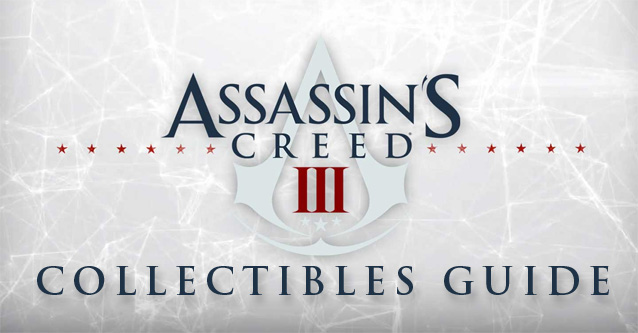 Assassins Creed 3 Collectibles Guide: Unlock Everything!
Assassins Creed 3 Collectibles Guide: Unlock Everything! Super Mario Maker: Unlock all Editor Tools / Items quickly
Super Mario Maker: Unlock all Editor Tools / Items quickly The Most Iconic Hair In Gaming - Which Is Your Favorite?
The Most Iconic Hair In Gaming - Which Is Your Favorite?